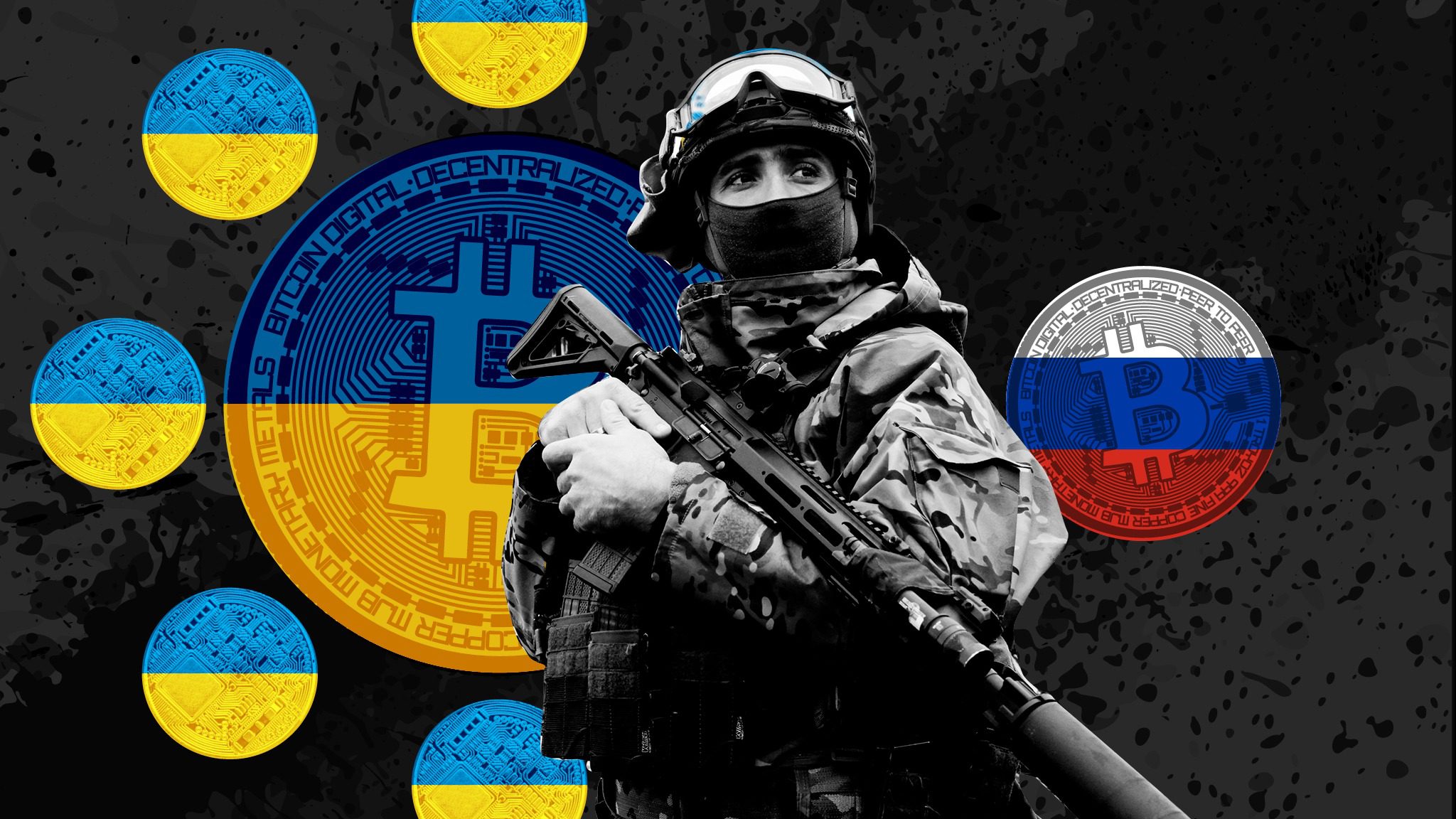Introduction
The Russia-Ukraine war, has been described as one of the most devastating conflicts in recent history, causing immense human suffering and economic disruption. While the causes of the war are complex and multifaceted, some experts have suggested that cryptocurrency may be playing a role in the conflict. Specifically, there are concerns that some people who buy Ethereum (ETH) or any other cryptocurrency in some regions today are using the same to fund the war effort and evade international sanctions. In this article, we will explore the potential links between cryptocurrency and the Ukraine War, and consider the implications for financial markets and global politics.
Meaning of cryptocurrency
Cryptocurrency is a digital asset that operates independently of a central authority and uses cryptography to secure and verify transactions. It is decentralized, meaning it is not controlled by a single entity or institution, and is based on a distributed ledger technology called blockchain.
Cryptocurrency transactions are recorded on the blockchain, which is a public ledger that cannot be altered. Unlike traditional currencies, cryptocurrency is not backed by a government or physical asset, making it a unique and revolutionary form of currency.
Does Cryptocurrency Play any Role in the ongoing Ukraine War today?
The ongoing conflict in Ukraine has brought the world’s attention to the role of cryptocurrency in modern warfare. While traditional financial channels are subject to regulation and monitoring, cryptocurrencies provide a means of funding that is decentralized and anonymous. The use of cryptocurrency in the Ukraine war has raised questions about its potential impact on global security and the need for regulation.
The conflict which started earlier in 2014 when Russia annexed Crimea, a move that was condemned by the international community, was later to escalate into a full-blown war between Ukrainian government forces and Russian-backed separatists. According to a report by the Council on Foreign Relations, the war has claimed over 13,000 lives and displaced over 1.5 million people.
The report also highlights the role of cryptocurrency in funding the conflict. It notes that separatist groups in eastern Ukraine have been using cryptocurrency to evade sanctions and finance their operations. The report cites a case in which a separatist group raised $10 million in cryptocurrency through an initial coin offering (ICO) to fund its military activities.
Cryptocurrencies offer several advantages to groups involved in conflicts, including anonymity, decentralization, and global accessibility. Transactions can be conducted without the need for intermediaries such as banks or financial institutions, making it difficult for authorities to track or block them.
The use of cryptocurrencies in conflicts raises several concerns about their impact on global security. For one, the anonymity of cryptocurrency transactions makes it difficult for authorities to monitor and regulate them. This could potentially allow terrorist organizations and other violent groups to fund their activities without detection.
Moreover, the global accessibility of cryptocurrencies means that they can be used to bypass sanctions and other financial restrictions imposed by governments. This could undermine the effectiveness of international efforts to control the flow of funds to groups involved in conflicts.
Furthermore, the role of cryptocurrency in the Ukraine war highlights the need for increased regulation and monitoring of cryptocurrencies. Governments and international organizations must work together to develop strategies for detecting and preventing the use of cryptocurrencies for illicit purposes.
In conclusion, the use of cryptocurrency to finance the Ukraine war has been a global concern that highlights the potential risks of unregulated cryptocurrency transactions today. Thus, as Cryptocurrencies continue to gain popularity and become more widely adopted, governments and international organizations must take steps to ensure that they are not used to finance illegal or violent activities.



































